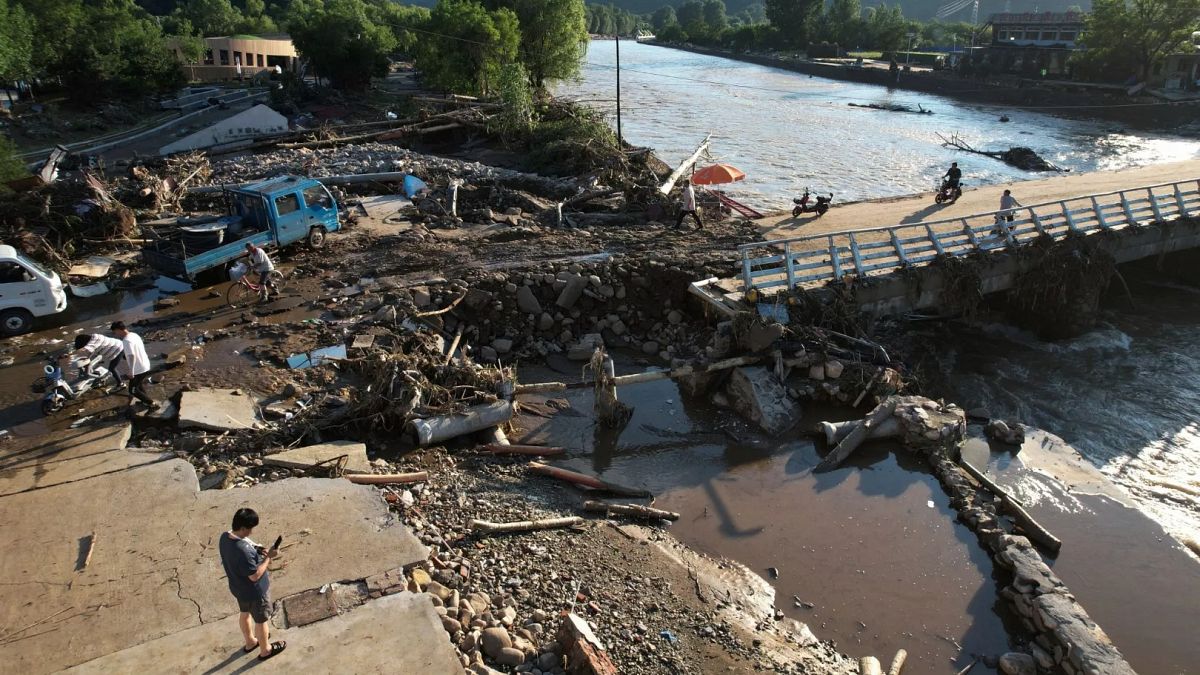

Recent events in Beijing have drawn attention to both infrastructural challenges and social media concerns, highlighting areas of concern and opportunities for growth. As the city recovers from a severe flood and addresses online privacy issues, a wave of reflection and commitment to improvement cleanly underscores this crucial period.
Earlier this week, the capital of China, Beijing, experienced an unexpectedly intense weather phenomenon that led to severe flooding. In the wake of these floods, at least 40 people have lost their lives, with 31 individuals tragically passing away in a care home situated on flood-prone low-lying ground near a river. This calamity has prompted an official acknowledgment from government representatives, marking a rare moment of public introspection.
Yu Weiguo, a local Communist party secretary in the northern district of Miyun—perhaps one of the hardest-hit regions—openly admitted at a press conference that there were “gaps” in the city’s readiness to confront such extreme weather events. This sentiment reflects a growing awareness of the need for robust preparedness and infrastructure that can withstand nature’s increasingly unpredictable temperament.
Throughout this period of recovery and reflection, community leaders are considering how best to fortify their city against similar events in the future. It’s a moment that encourages growth and a reevaluation of existing protocols, vital in an era where climate change is creating ever-more challenging circumstances for urban centers around the world.
Simultaneously, another significant issue brews within the digital landscape of Chinese society. Recent reports have uncovered the existence of online groups engaged in activities that infringe on personal privacy and dignity. A large group of more than 100,000 members on Telegram was reportedly sharing explicit photos of women without their consent. This discovery has stirred public unsettling and anger across Chinese social media platforms.
This situation has initiated vital conversations regarding privacy, consent, and the responsible use of digital communication. As these discussions unfold, they may pave the way for positive changes in legislation and societal standards, aiming to better protect individuals from such invasions of privacy in the future.
The calm yet determined response to both the natural and virtual challenges faced by Beijing this week is a testament to the city’s resilience and willingness to improve. There exists a palpable sense of collective resolve to bridge the gaps—be they in flood management systems or respecting individual privacy with the advent of digital technology.
In conclusion, while the recent tribulations may have been severe, they offer opportunities for introspection and reform. As Beijing evaluates its readiness for future climate events and confronts the complexities of online interactions, it stands at the threshold of meaningful change. The past week’s events call for enhanced awareness and progressive strategies that promise a stronger, more prepared future for Beijing’s citizens.
Source: {link}
